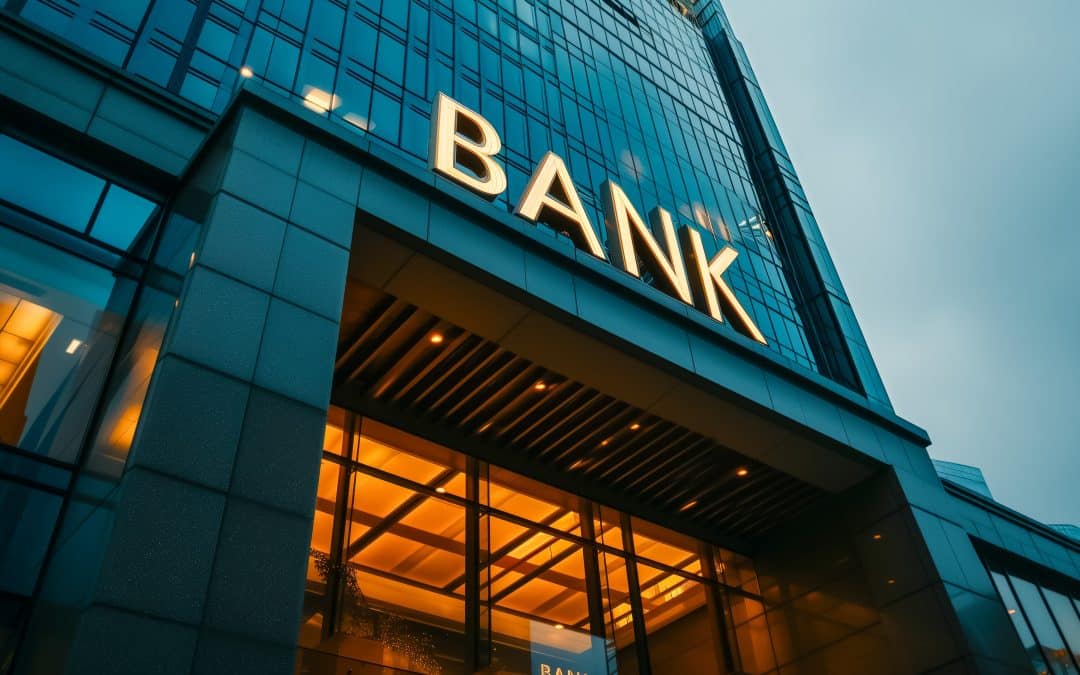The term “debanking” is emerging as a topic of growing interest in the global financial landscape. This relatively recent phenomenon refers to the practice whereby banking institutions discontinue services to certain clients or sectors, raising important questions about financial inclusion and economic freedom.
What is Debanking?
Debanking occurs when banks decide to close or limit the accounts of specific clients or entire categories of businesses, often without providing detailed justifications. This practice can manifest in various ways: from the sudden closure of an account to the denial of basic banking services, to the refusal to process certain types of transactions.
The Causes of the Phenomenon
Several factors contribute to the increase of this trend:
- Anti-money laundering regulation: Increasingly strict regulations against money laundering and terrorism financing push banks to be extremely cautious, sometimes leading them to prefer excluding clients perceived as “risky.”
- Reputational considerations: Banks might avoid serving controversial or politically sensitive sectors to protect their image.
- Risk assessments: Some sectors are considered too risky or expensive to manage in terms of regulatory compliance.
- Political or social pressures: In some cases, debanking decisions may be influenced by external pressures.
The Most Affected Sectors
Debanking disproportionately affects some specific sectors:
- Cryptocurrency-related activities
- Adult content platforms
- Gun dealers
- Controversial political organizations
- Emerging industries with uncertain regulatory frameworks
Implications and Concerns
The consequences of debanking go far beyond simple personal inconvenience:
- Financial exclusion: Entire economic sectors may find themselves without access to essential banking services.
- Economic freedom issues: Questions arise about the right to access basic financial services.
- Limited innovation: Emerging sectors might see their growth hindered.
- Freedom of expression: In some cases, debanking could be perceived as a form of economic censorship.
Alternative Solutions
Faced with this phenomenon, several alternatives are emerging:
- Decentralized financial services: Cryptocurrencies and decentralized finance offer alternatives to the traditional banking system.
- Specialized banks: Some institutions are specializing precisely in serving sectors “rejected” by traditional banks.
- Regulatory initiatives: In some jurisdictions, laws are being discussed to guarantee a “right to a bank account.”
The Ongoing Debate
Debanking raises a complex debate between different values:
- On one hand, banks have the right to manage their risks and choose their clients
- On the other hand, access to basic financial services can be considered essential in modern society
The challenge for regulators is to find a balance that allows financial institutions to adequately manage risks without compromising financial inclusion and fundamental economic freedoms.
The evolution of this phenomenon deserves careful observation, as its implications could profoundly influence the future of the global economy and the relationship between citizens and the financial system.
Contact us if you want to learn more about how to mitigate debanking risks with a personalized strategy!
Prima di un espatrio in uno dei molti Stati da noi proposti, organizziamo un appuntamento individuale.
L'appuntamento consiste nelle seguenti attività:
- analizzare le tue aspettative;
- valutare la tua situazione pre-espatrio ed eventuali criticità/ostacoli;
- stabilire la fattibilità del tuo trasferimento all'estero;
- individuare i pro e i contro della destinazione (una o più) in merito alle tematiche più varie: tassazione, affitti, costo della vita, clima, sicurezza, assistenza sanitaria, etc;
- programmare il percorso di trasferimento: tempistiche, modalità, costi.


